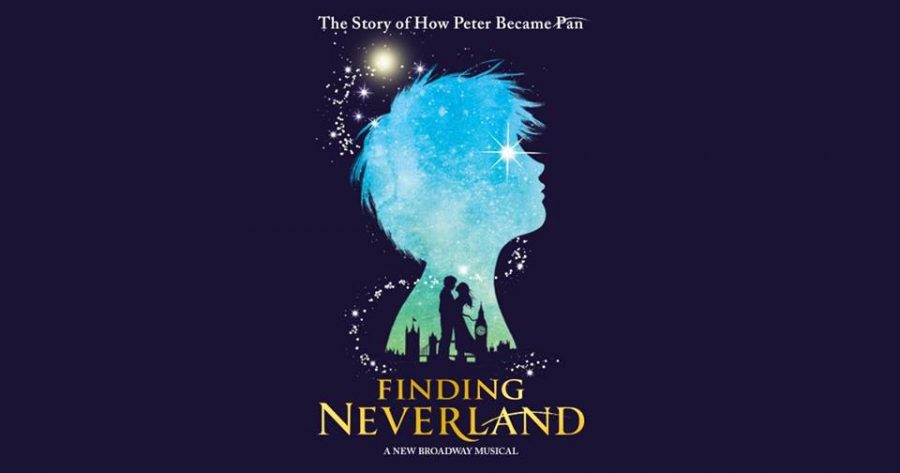Looking back on elementary school, I remember having to sit through award ceremonies that lasted multiple hours. Once a year in grades one through five, we would all gather in the auditorium with our parents to celebrate our accomplishments. We received certificates for being in band, having good character, lending a helping hand and so much more. There were people with upward of 15 certificates.
After softball season, we would have a similar ceremony. We would all receive a ribbon because we tried our best, and a few people would receive a more highly coveted sportsmanship plaque. The excessiveness of awards given to children over the years has made them less resilient.
Room for Debate, a part of the opinions page of The New York Times, asked people if we give children too many trophies, and asked them to reflect and share each of their viewpoints.
Ashley Merryman, co-author of “NurtureShock: New Thinking About Children,” said she believes participation trophies send children a dangerous message. She said trophies that are given out regardless of participation or achievement send kids the message that losing is terrible and should be avoided at all costs.
The purpose of letting children lose isn’t about embarrassing them, it is about showing them that it may take a long time to get good at something, and it is uncommon to win or be good at something the first time. It is okay to make mistakes, and oftentimes it is these mistakes that teach valuable lessons. In fact, in a study of Olympians that won gold medals, they identified that a previous loss was a key piece in their championships.
There are some people, like Parker Abate, a college athlete, who believe children are not given too many trophies. He said that not every young athlete is going to be able to continue playing sports once the stakes get higher, but it is still important to honor their achievements in lesser ways. It can be degrading for a student to watch a peer receive a trophy and not receive one, so participation ribbons and awards of that nature are simple ways to boost a child’s self-esteem.
The constant awarding of children can also make them react less kindly to criticism, which can have negative consequences. If someone is always used to being told they are doing a great job, they will be taken aback when someone critiques them or tells them the work they are doing isn’t the best.
This can lead to fewer opportunities in the future. Companies aren’t going to want to work with an individual who constantly needs praise, and who believes everything they do is perfect the first time.
All the awards can also cause kids to move through activities quickly. Children may not see a point to stick to something if they think they have mastered it after a couple times. This will cause them to miss out on that period of growth and trial and error. It is rewarding to accomplish something that takes a lot of work and time.
I’m not saying that children shouldn’t be awarded at all, I think we as a society should just have higher standards for what deserves an award. Children don’t need participation awards. The award should be the opportunity they received to learn a new skill, spend time with peers and improve as a person. It should be more special and out of the ordinary things that are rewarded.
The constant trophies can also make those who really deserve recognition less proud. If everyone is always congratulated, they may question why their achievement is any more special.
Overall, the constant awarding is going to hinder children’s ability to bounce back after unfavorable outcomes. While it may seem like we are doing something good by recognizing children’s work, we are actually hindering their ability to cope with loss and change and in doing so we are negatively impacting them now and for the future.







